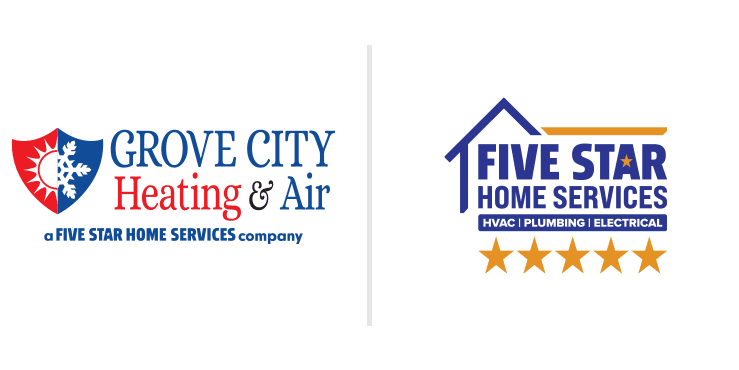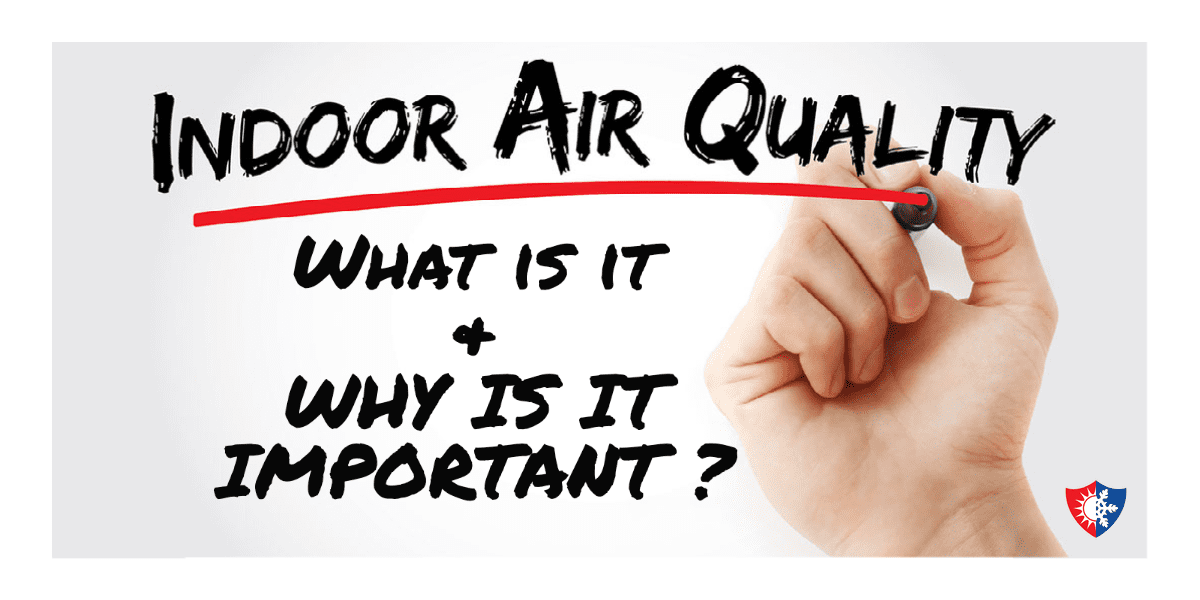As a homeowner indoor air quality or IAQ is crucial to pay attention to as it can affect the health and well-being of you and your family. Pollutants or airborne contaminants like dust particles, allergens or pollen, pet fur or dander, indoor plants, fuel-burning combustion appliances, or tobacco products are all types of indoor pollutants that will affect the air you breathe inside your home. You may not notice side effects immediately, as sometimes, it takes more than one exposure to a contaminant to cause an adverse reaction. In addition, it is typical for a pollutant source to affect an individual based on age and preexisting medical conditions. So one person in your household can show signs of irritation while it has no adverse effects on the rest of the household. Keep reading the information below provided by your service professionals at Grove City Heating & Air, so you know the most effective ways to improve the IAQ in your home.
In What Way Does a Humidifier or Dehumidifier Help with Indoor Air Quality?
It is common for the IAQ in a home in the winter to be overly dry. Dry air causes short-term side effects such as cracked or dry skin, bloody noses, and sleeping and/or breathing issues. On the other hand, overly moist air encourages mildew and mold to grow. It is harmful health-wise as it produces respiratory and heart-related issues when this happens. Well-balanced humidity levels would be between 30% – 50%. Depending on the level of humidity in your home, you may want to consider using a humidifier or dehumidifier to balance this issue.
In What Way Does Changing Out an Air Filter Improve Indoor Air Quality?
Service professionals say that air filters should be changed every 1-2 months. Changing your air filters out regularly is not only an easy way to improve your indoor air quality, but it can also prolong the lifespan of your HVAC system. Keep in mind that a clogged or dirty filter will not be able to perform its job efficiently. Especially since its purpose is to capture and hold allergens and loose dust particles. When an air filter has too much buildup, the air blown from the HVAC system will blow the air through the clogged filter, resulting in dust particles and allergens being circulated throughout the house.
In What Way Does Utilizing the IAQ Feature on the Thermostat Improve Indoor Air Quality?
Perhaps you already have a smart thermostat integrated with your home’s HVAC system. Did you know that smart thermostats can detect poor IAQ in the house? Once the smart thermostat gets a negative indoor air quality reading, it communicates with the HVAC system, causing it to turn on the fan, then redirecting the stale air back to the return ducts. The great thing about smart thermostats is that they have many more beneficial features. As a plus, there are various models to choose from, and they are affordable as well. If you want more information regarding smart thermostats or need assistance with installing one, we are here to assist you!
In What Way Does the iWave-R Improve Indoor Air Quality?
Last of all, an excellent method of cleaning airborne viruses and pollutants in your home is to utilize a whole-home purification system. The iWave-R is one system we highly recommend. It is a simple component that connects with your current HVAC system. In addition, the iWave-R is ideal due to the fact that it requires little to no maintenance and is a self-cleaning system.
Grove City Heating & Air values our customers. We want nothing but the best for you, your home, and your family. If you would like more information on IAQ in your home, or you would like to partner with us as you work toward improving your home’s indoor air quality, hands down, we would love to help! Call Grove City Heating & Air today at (614) 490-7540, or schedule an appointment online now by clicking here!









